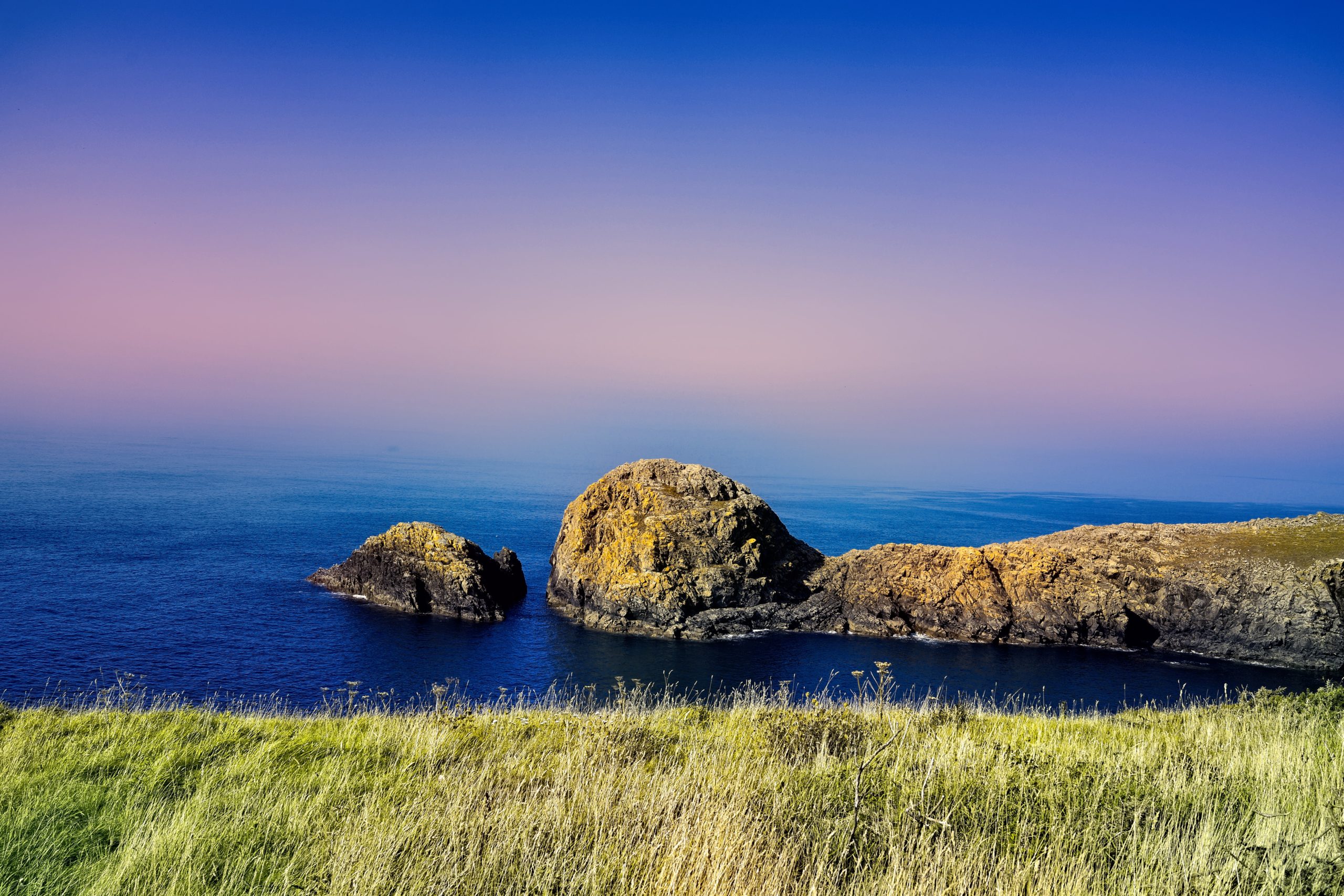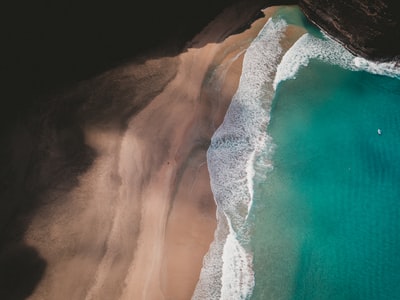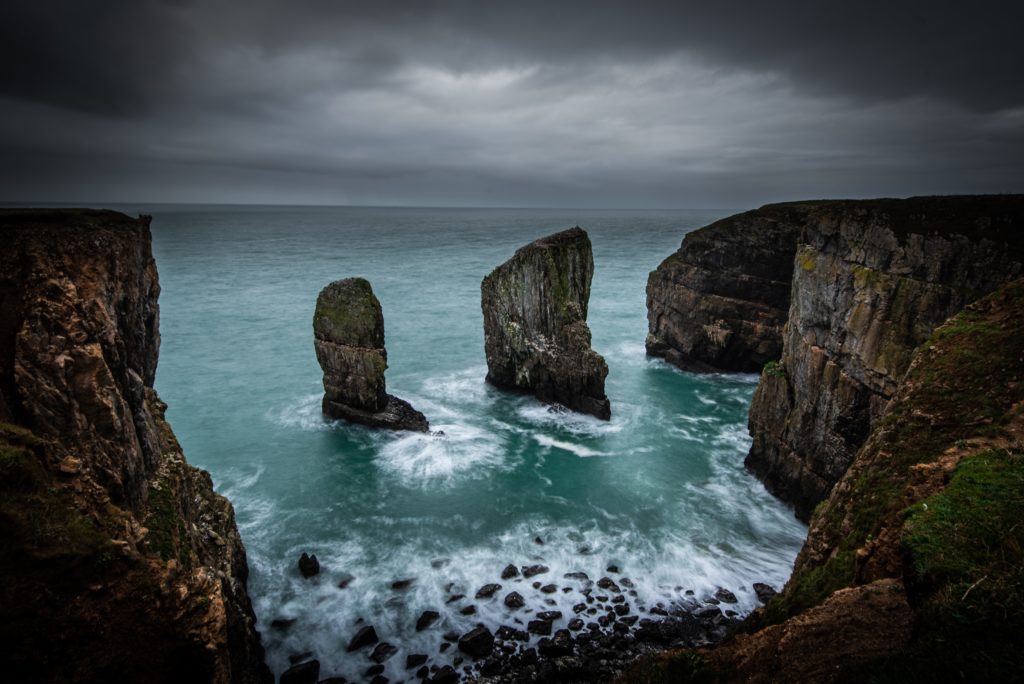
The dangers of self-isolation during Covid 19
By Cane Kelly
“Solitude gives birth to the original in us, to beauty unfamiliar and perilous – to poetry. But also, it gives birth to the opposite: to the perverse, the illicit, the absurd.”
–Thomas Mann
I have been a hermit for a long time. Writing is a lonely occupation. I spend most of my time hallucinating characters to take readers away from their daily lives or writing about sociological topics. Mostly, the only interaction I have with another person is my editor when they help me polish my work or create more believable stories.
Before coronavirus locked us in our homes, I was perfectly comfortable with the quiet solitude of my days. It was during lockdown that my contented solitude began to degrade, and forced isolation planted a seed of loneliness inside me. It’s now grown into full-blown depression and hopelessness since quarantine began in the UK in March 2020.
The isolation causes mental fog, irritation, and a yearning for natural spaces. I live in the middle of England where the houses are interlocked like Lego pieces. The two stretches of grass in my neighborhood are dressed in litter, with a tiny, polluted stream separating them. At least once a day, I wish I had a beach or a forest to retreat to and transmute the feelings of isolation into a more enjoyable experience of solitude.

Writers and loners are often familiar with the tensions between solitude and loneliness. The chasm that lies between them is equal to the one that separates health and illness.
Solitude recharges the spirit, while loneliness leads to cognitive decline and can take years off your life. The pandemic has brought both to light, but most of us have been dealing with the darker side of isolation – the one that leads to a twisting of the human mind and absurdity.
The truth is everyone needs human contact. We’re social creatures and spending time with other people is like any other biological need – like water to quench our thirst, air to fuel our breath, and warmth to protect us from the cold.
Consequences of isolation
There is an overwhelming amount of research based on human isolation and it shows that humans need one another – even the loners. According to the CDC, a lack of community raises the risk of neurogenerative diseases, heart disease, and early death. Before Alzheimer’s comes a knockin’ though, loneliness causes delayed recall and decreased verbal fluency. When we don’t talk to people, we forget how.
Even before the pandemic, The National Academies of Sciences, Engineering, and Medicine (NASEM) estimated that a third of adults over the age of 45 feel lonely frequently, while a quarter of adults over the age of 65 rarely experience social situations. Between lockdown and our addiction to screens, this is increasingly becoming the experience of the younger generation as well.
Loneliness is the feeling of being alone, regardless of the amount of social contact. People in unhappy relationships frequently report feeling lonely. It’s not just about having another body around you; it’s about having someone to say what you need to say to, and feeling understood.
The first UK quarantine
During the first quarantine, I was eager to practice baking and spend time practicing Italian. I planted scraps of vegetables and learned how to make homemade candles from leftover candles, and beat my husband at Monopoly for once.
Quarantine ravaged spring. The first quarantine here didn’t let up until August. My husband, myself, and our dog visit Pembrokeshire, Wales every autumn after the kids go back to school. We love the beaches, cliff top walks, and castles, which we typically had to ourselves.
Pandemic vacation?
We’ve been visiting Pembrokeshire every fall for the last six years. Last year was the busiest season we’d ever experienced.
We definitely were not alone in wanting to escape to the sea. We were hoping nature would be restorative. However the usual, quiet landscape we had longed for was crushed by all the other tourists.
The area is one of the most beautiful places in Great Britain. Nature lovers from all over flooded to these Welsh beaches, hilltop walks, and castles.
Usually our spirits leave renewed and ready for the dark winter ahead. Instead I felt an immense grief fall over me as we left Pembrokeshire because it feels like home, rivaling the forests and mountains of rural Kentucky.
The long return to the West Midlands felt like a jail sentence; I was reminded of how criminals were sent to Coventry during the Renaissance. I felt trapped as soon as we crossed into England.
Looking back, we were lucky to have visited Pembrokeshire at all. Cases of Covid-19 again surged rapidly and Wales shut the borders the day after we left.
At first, the neighbors on our streets clapped their heads off and set off fireworks every Thursday to thank the frontline workers of the National Health Service. That hasn’t happened for months. The government has proposed an insulting 1% pay rise for NHS workers, many of whom are traumatized by the long hours and overwhelming experience of treating Covid. Thursday nights are as quiet as any other.
The second UK quarantine
There has been little reprieve. One year of isolation later, it’s difficult to manage my emotions. I try to be productive by focusing on writing, creating art, or meditating. I tried to keep connected to my friends via internet calls on a regular basis, but depression can interrupt that support. I know I’m not the only one; some of us have just given up on reaching out.
I’m clinically depressed (again), a mere six months after completing three years of weekly Cognitive Behavior Therapy (CBT).
I was officially declared to be mentally healthy, and my Complex Post Traumatic Disorder (C-PTSD) was under control. I had filled a proverbial toolbox to help me defend against threats to my mental health. I fought off depression until September when we returned to Coventry. My depression then pushed me further and further down the well of apathy as the pandemic killed tens of thousands of people all over the world.

Voluntary isolation
The Buddhist monk Tenzin Palmo spent 12 years in isolation in a cave and was content. What happens to the rest of us, who don’t have intense training in Buddhism or spirituality? In 1972, French explorer Michel Siffire isolated himself in a Texan cave for 205 days. His cognitive abilities declined so much that he could barely communicate toward the end. After five-months alone in the cave he reported in his notes that he tried to make friends with a mouse who didn’t want anything to do with him.
His experience has been shared by others exposed to extreme isolation, such as Antarctic researchers and space crews, who have reported mental, cognitive, and sensory issues including confusion, personality changes, and depression and anxiety. Astronauts who have been through prolonged isolation emphasize the importance of routine, laughter, self-care, exercise, and contact with family.
The cruelty of solitary confinement
The worst examples of isolation are in the industrial prison complex in the United States. There are more than 80,000 inmates in solitary confinement, and this figure excludes jails and immigration detention centers. People are often left in isolation for months at a time, but we seldom hear their stories.
Isolation is cruel and affects the most vulnerable members of society. Seniors are another example. Like coronavirus, for them isolation is a public health risk. There are lots of studies that show chronic isolation is related to cognitive malfunction. In 2013, the English Longitudinal Study of Ageing (ELSA) reported that cognitive abilities declined with recurring periods of extended isolation. The ELSA study showed that humans with fewer social interactions experienced significant cognitive decline in verbal skills, memory, and recollection after just four years.
Blundering Boris
The UK government didn’t do a great job at responding quickly to the pandemic.
PM Boris Johnson lifted the quarantine too early for the sake of the economy and now, we’re back where we started.
Health Secretary Matt Hancock estimates it will be a long time before lifting national quarantine. However, the UK and European governments have at least tried to protect their people, while my loved ones in the US are living in a hellscape.
The British people are known for their fortitude and “stiff upper lips.” They fought through two world wars, and many feel entitled to their freedom, but what happens when that freedom is ripped away from us for our own good? Even the most hardcore hermit finds these quarantines pills hard to swallow.
The UK is an excellent example of another massive government error within the pandemic. Matthew Hancock warned, “You must stay home,” on March 16, 2020, but Boris Johnson didn’t officially begin the national lockdown until March 26. Ten wasted days could have prevented some of the 124,000 deaths.
Families couldn’t have funerals. Families grieved inside their homes and the pandemic showed us truly how horrific isolation can be. It is now March 2021 and strict quarantine is still in effect in the UK, and experts estimate that the quarantine will continue in a tiered system for nearly two more months.
Luckily, the National Health Service in the UK has continued to work tirelessly to help those who have fallen ill to the pandemic. Commercials featuring Matt Hancock pleaded with communities to “Stay Home, Protect the NHS, and Save Lives.” However these orders don’t mean much when they’re not met by mandatory closures or work from home orders: people must still go to work.
Quarantine began in Wuhan, China on January 23, 2020. The UK’s lockdown didn’t begin until March 26, 2020. The UK was months behind China. Thousands of lives could have been prevented if the Johnson administration had taken swift and strict measures. Meanwhile, Trump’s demented rants on Twitter rallied radicalized conservatives to prepare for another civil war if he wasn’t reelected. The Black Lives Matter movement reemerged like never before, with protests that lasted months and occasional riots, bringing international attention to the racism that still plagues “The Land of the Free”.
A year on
In the United Kingdom, it’s late March 2021 and we’re still under strict lockdown in a tiered system. Most communities are only allowed out to get groceries, medicine, help an elder, or enjoy one hour of exercise close to home. Weddings, birthdays, holidays were spent in a hush across the UK and most of Europe. The isolation of the pandemic has created a new world. The consequences of greed and lack of protection of wild areas are starting to kill us off and frankly, I feel like we deserve it.
The disrespect for nature and obsession with consumerism have injured our planet and the Earth is sharing her pain with us as we are forced into isolation. Ask yourself, have you experienced anxiety, depression, or hopelessness during the pandemic? Whatever your response, you must recognize our world is never going to be the same.
I rarely leave my home. I have groceries delivered and we don’t bring our shoes inside. There is an assortment of face masks at my house. My husband has bought a variety of PPE, hand sanitizer, and we observe the rules obediently due to his asthma and my chronic illnesses.
I barely recognize the world we live in. Naturally, I’m a writer and writers are loners most of the time, but even I am starting to feel the cage getting smaller and smaller. There aren’t any green spaces or forests close to where I live, just concrete, parking spaces, and shopping centers.
I grew up in Kentucky. I remember the hum of the cicadas and the flashes of fireflies at the start of summer. Hawks hunted in our neighborhood looking for garden frogs hiding in the brush. The wild and natural world was so close in Kentucky. It’d take 15 minutes to reach Raven’s Run which is a substantial nature sanctuary that overlooks the murky Kentucky river.
Healthy isolation?
American’s find it hard to imagine obeying the rules set by the British government. During the first quarantine I wanted to learn how to remain mentally healthy during the period of isolation. I don’t watch the news and avoid social media that focuses on the pandemic to protect my mental health.
I followed the suggestions of a former submarine captain, Ryan Ramsey. Ramsey was the captain of the nuclear submarine HMS Turbulent between 2008 and 2011, at one point he spent 286 days under water in a 276-foot tube with 119 other people.
Ramsey suggested to faithfully keep a routine, make sure spaces are kept clean, look after yourself and make sure you incorporate downtime from doom scrolling. Isolation in a small space like apartments and houses is going to create conflict and cause irritation, it is inevitable, and it is best to have a plan for when it pops up.
The most important thing is to communicate and work through these annoyances as calmly and quickly. Ramsey also suggested creating a team of support that you speak to on a regular basis to fight the negative effects of isolation.
“Freedom” vs. isolation
My friends in the United States still go out to eat, work out at gyms, visit bars and other establishments where death is certainly close by.
The murder of George Floyd brought to light the massive racial inequality in the American system. The whole world watched, yet little has changed in terms of systemic racism.
I love the ideals of the United States, but that’s all they are. All men are certainly not equal, women and people of color are often poverty stricken and working multiple jobs to pay their rent. Isolation isn’t just related to the pandemic; it’s also connected to the lack of compassion for vulnerable populations who are exploited by politicians and corporations in the pursuit of greed and materialism. I love so many people in the States, but the culture is crippled with a variety of injustices and corruption. My isolation from the USA might be permanent.
The UK passed legislation that forces people to isolate. We can go to the grocery store, pick up medicine from a pharmacy, care for a vulnerable family member, and exercise for an hour in our neighborhoods. It’s also illegal to enter a store without a mask covering your nose and chin.
Legislation allows the quarantine to run up to two years. The fact that we cover our faces because we have poisoned the air should be enough to wake us up. Instead, conspiracy theories spread like lice on social media.
The only saving grace is the internet. Thank the stars for social media and video calls. They might not cure the side effects of isolation, but it is all the comfort we have during this life-changing pandemic.
